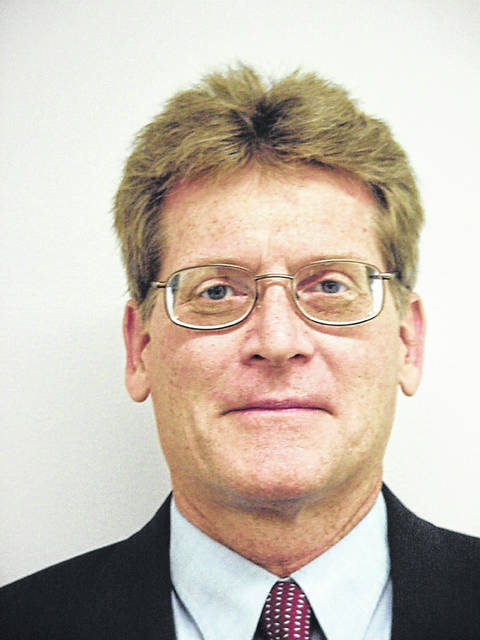
As opioid-related deaths continue to make daily headlines, the ongoing tragedies left behind — families wrestling with grief caused by the loss of a loved one — often fades into the background. The more than 4,000 opioid related deaths per year in Ohio are taking a terrible toll on our communities.
And as families grapple with their loss, thousands more Ohioans are still struggling to access the means to fight back against the disease of addiction. Even well-meaning efforts fall short as many individuals find themselves recycling in and out of treatment.
For more than 21 years, I served Delaware and Morrow counties as executive director of the Delaware-Morrow Mental Health and Recovery Services Board. We faced the daily challenge of ensuring individuals struggling with dependency receive effective treatment while helping them break through the stigma of addiction and build a culture of compassion based on the reality that addiction can take hold of anyone’s life.
The opioid epidemic has a profound and devastating impact on families and communities across our state. Yet, Ohioans are resolute. We continue to make headway toward a brighter future. Recent statistics show that overall overdoses are down, and our leaders are holding accountable many of those who contributed to this terrible problem.
Just recently, our neighbors in Summit and Cuyahoga counties reached a $260 million settlement with three of the largest manufacturers whose products helped spur this crisis. This just legal victory will make available desperately needed resources, providing an opportunity to offer many Ohioans the necessary treatment and tools they need to lead opioid-free lives.
However, with great opportunity comes great responsibility. Our communities should be vocal in its demand that these new resources be spent wisely, efficiently and appropriately.
Addiction is a chronic disease. It requires perseverance and an understanding that there is no set timeline for recovery. And just like other chronic diseases — cancer, diabetes, arthritis — addiction does not have a singular pathology or treatment protocol. Every patient is different. Simply put, there is no one-size-fits-all solution.
This disease does not care about demographics, socioeconomic status, or geography. For this reason, these lifesaving settlement dollars must be used to support a new approach — one that supports all forms of clinically-proven treatment available and accessible, including medication-assisted treatment, counseling, and access to opioid-free recovery programs.
While each patient is different and many of our dedicated health care providers have unique perspectives, prioritizing one approach over another is a dis-service to the very communities this money is earmarked to help.
Beyond funding the full-spectrum of treatment programs and supports, we must consider resources that put Ohioans on the path to lifelong recovery. Recovery starts with treatment, but too often ends when a patient leaves the treatment center. Recovery is a personal, daily challenge requiring hard work, dedication, and support for one to succeed.
Individuals recovering from opioid and other substance use disorders need to leave treatment knowing they have a safe place to live, options for meaningful, gainful employment, access to self-help groups and other supports to help them move forward. These wrap-around services remain essential pieces to leading a meaningful and opioid-free life.
As caring communities, we know how difficult the opioid epidemic has been. We all wish that there was a silver-bullet that could heal our families, friends and neighbors ….. putting them on the path to lifelong recovery and the scourge of these drugs behind us. Sadly, addiction does not work that way.
We must, once again, come together and demand that this settlement, and hopefully others to come, be used to make a meaningful impact, deliberately providing the services that will change lives for the better.
There is a golden opportunity to alter the landscape of drug abuse in Ohio, but we must do the right thing by putting these resources toward meeting the needs of people with addictions and their families first, instead of playing favorites, diverting to another cause or prescribing only one set of clinical approaches. With your support, recovery is possible for all Ohioans.


